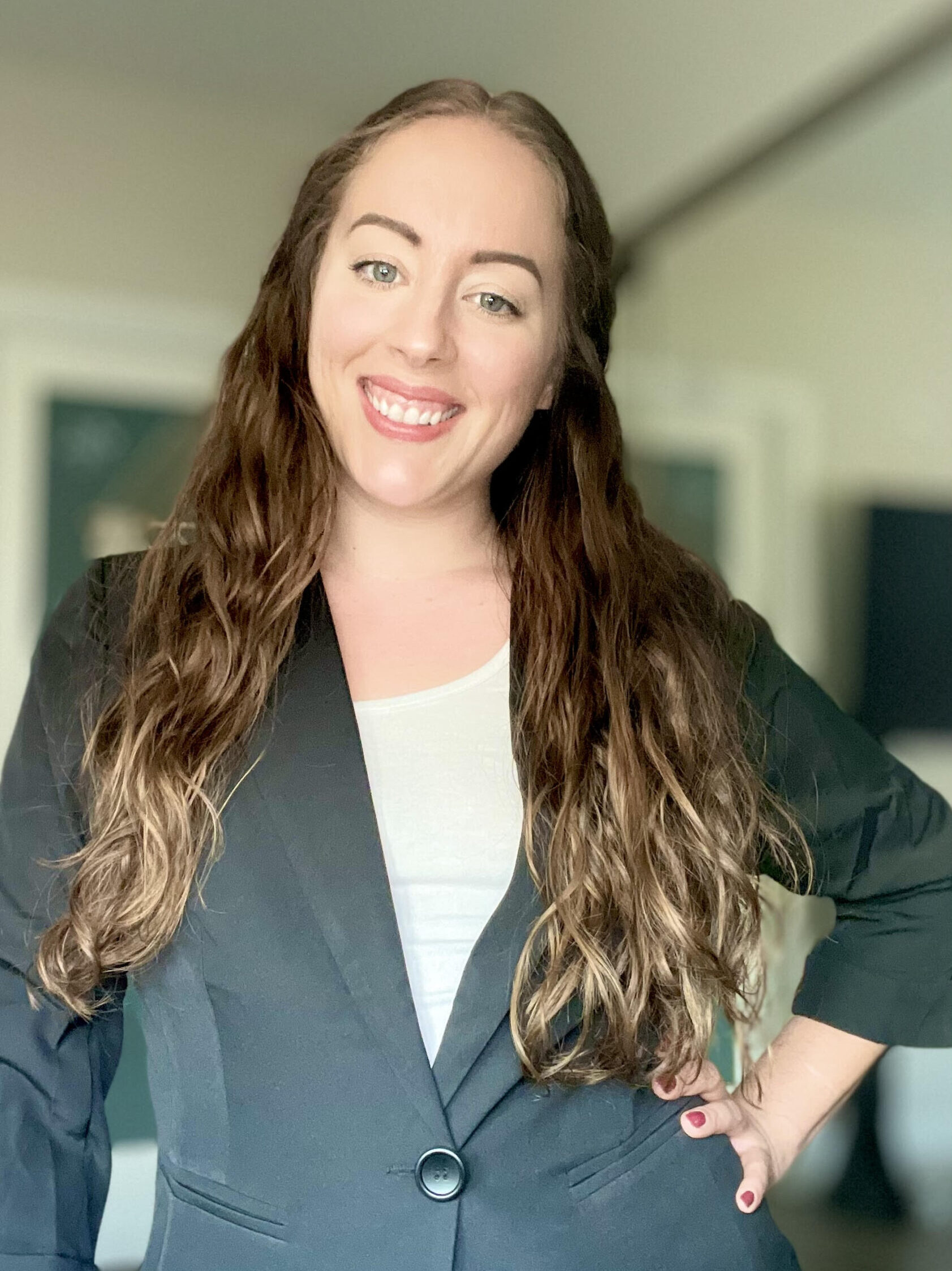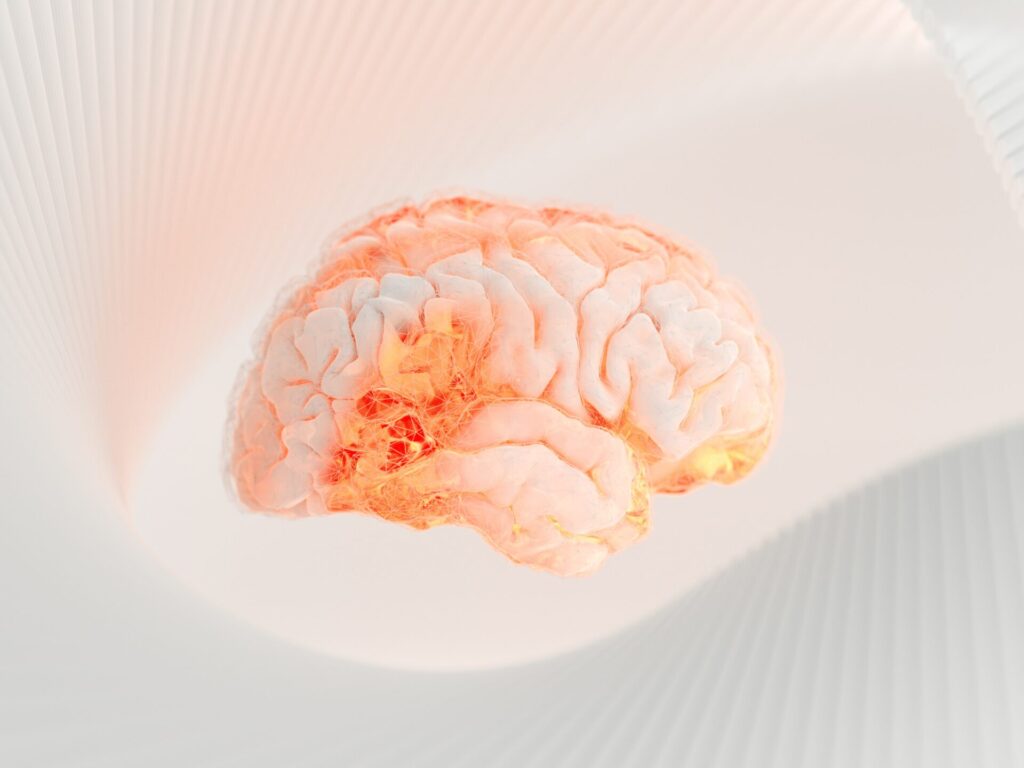From the Editor

Dear VCE readers,
As an engineering student, I recognize how studying for an engineering degree conditions one to focus on their discipline. A civil engineer may find themselves inspired by the design of a bridge and an electrical engineer may find themselves tempted to improve the efficiency of a circuit. Engineers are often tasked with solving problems, and those solutions are often found by those who have become experts within their field. This expertise is often accompanied by a genuine passion and respect for that discipline, all of which together drive the process of innovation.
At USC Viterbi, we are encouraged not only to pursue academic achievements and successful careers but also to fuel the flames of curiosity that will ignite our unanticipated passions. When we venture outside of what we know, and what we think we would like to know, we discover that we care deeply about so much more than what our classroom curriculum would suggest. With this in mind, I am proud to present the latest issue of student-written work submitted to VCE.
Our student submissions come from USC students of different disciplines, hometowns, and backgrounds. This issue is a shining example of how various vantage points can expose us to new interests, paving the way for curiosity to transform into new passions. The diversity of the topics that our writers care so deeply about highlights how engineering transcends the majors that we have chosen to study and permeates every corner of our world.
Our world – or at least how we perceive it – begins within the brain. Jennah Saqib wrote a thoughtful, philosophical piece discussing whole-brain emulation and the possible implications of pursuing this technology. Engineering simulations of the human mind could improve treatments and cures for neurological conditions, but Saqib also considers how whole-brain emulation could create a very complicated and ethically ambiguous future for humanity.
Expanding the boundaries of our world further, Janessi Diaz tackles a popular topic, genetic engineering, from a unique perspective. Diaz discusses the dichotomy surrounding antiretroviral therapy for HIV and AIDS through its ability to treat the virus and the unethical methods that make it successful in doing so. Declaring antiretroviral therapy as an unethical treatment, Diaz recommends carefully exploring genetic engineering through responsible research as an alternative.
Turning our attention away from technology that alters the human body, three of this issue’s writers examine how engineering permeates our world through how it affects our fellow humans and our environment. Jacob Harrington discusses technology meant to function without humans, though it has a significant impact on them. Artificial intelligence is a powerful tool that can be used to automate jobs, and Harrington discusses the ethicality of automating the trucking industry. He uses ethical frameworks to measure the benefits and consequences of expanding AI within the trucking industry, allowing the reader to form a conclusion as to how we should proceed.
Zoe Nussbaum’s work focuses our attention on how engineering our communities affects our neighbors. Hostile architecture is often subtle and aesthetically pleasing, though its purpose is what warrants a conversation regarding its ethicality. Nussbaum examines how public spaces are often transformed to exclude unhoused people and those who experience limited mobility, and states that much of society is complicit in the existence of hostile architecture.
Finally, Christoper Jewell examines how engineering our environment often has unintended consequences for animals and humans alike. Asian carp are an invasive species within US waterways and pose a great threat to all who live in and around the Great Lakes. Jewell discusses how the ethics of human intervention and human-centered environmentalism fall short – a problem that can be mitigated by utilizing a biocentric approach to environmental ethics.
The editing team at VCE has had the privilege of reading work from many of USC’s extremely bright and talented students. We chose the five papers presented in this issue as representatives of not only how thoughtful and skilled the USC student body is, but also how broad our interests are and how far-reaching we recognize our actions to be. On behalf of the VCE editing team, I am proud to present VCE Volume 7 Issue 1. We hope that these ethical conversations will spark our readers’ curiosities just as they did ours.
Jackie Finnemeyer, VCE Editor-in-Chief





